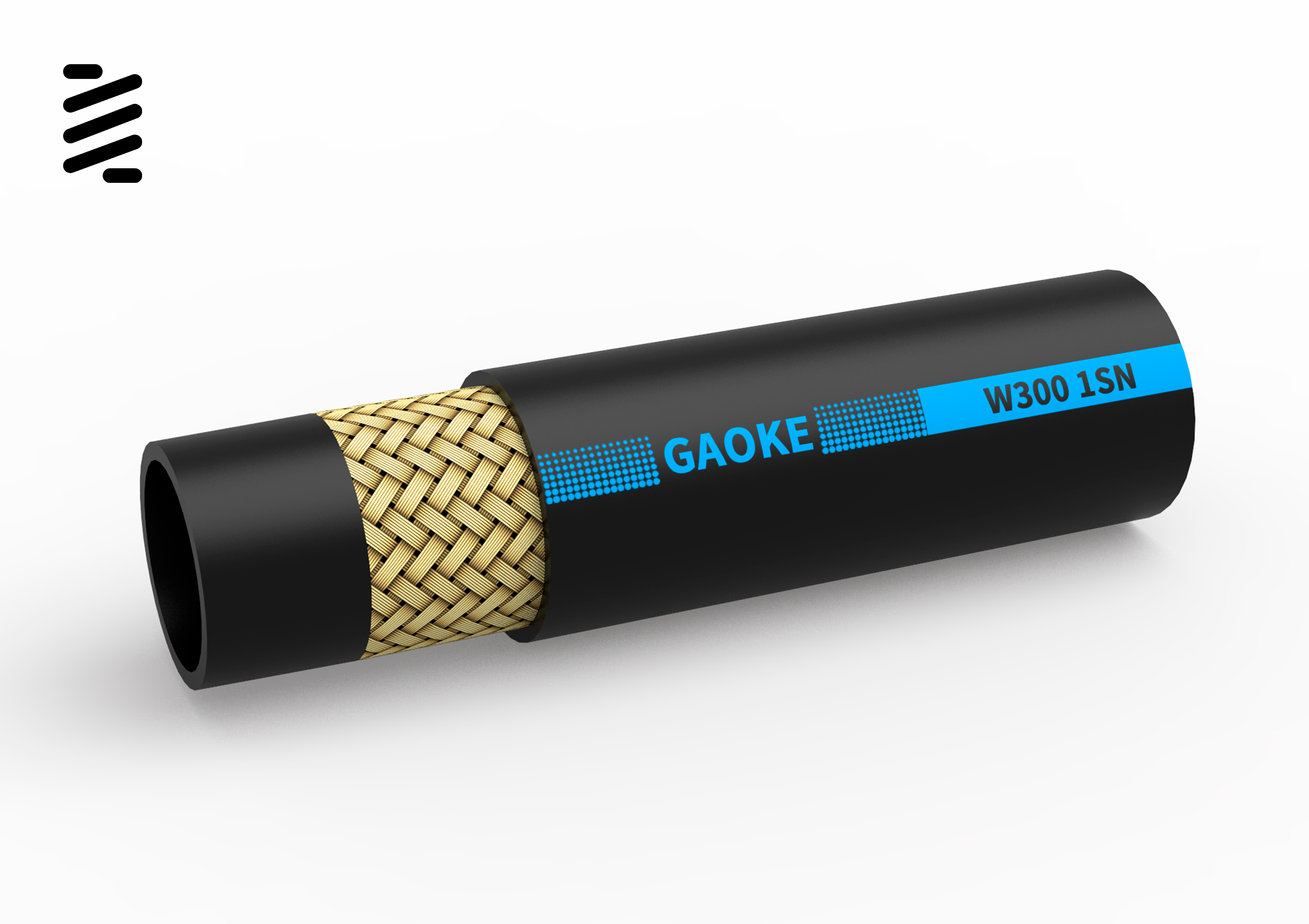18
2025
-
07
Challenges and Applications of Oil Resistant Hydraulic Hoses in Industrial Operations
Oil resistant hydraulic hoses play a crucial role in modern industrial machinery, ensuring the safe and efficient transmission of hydraulic fluids in systems exposed to petroleum-based oils and other corrosive substances. However, despite their essential function, users frequently report several recurring issues that can impact performance and operational reliability.

Common Issues with Oil Resistant Hydraulic Hoses:
1.Premature Wear and Cracking:
Continuous exposure to high temperatures and aggressive oil compounds can cause the hose’s outer rubber cover to degrade, leading to surface cracks and eventual failure.
2.Internal Swelling and Delamination:
Incompatible fluid types or incorrect pressure ratings can cause the inner tube to swell or separate from reinforcement layers, reducing flow efficiency and risking hose rupture.
3.Improper Hose Routing:
Incorrect installation, such as sharp bends or insufficient slack, often leads to kinking or abrasion against equipment surfaces, compromising the hose integrity over time.
4.Pressure Surges:
Many hydraulic systems experience unexpected pressure spikes. If the hose is not designed to handle such surges, it may burst or leak at the fittings.
5.Chemical Compatibility Misjudgments:
Although labeled as oil resistant, some hoses are not compatible with synthetic or bio-based oils, leading to chemical reactions that degrade the hose material.
Application Scenarios:
Oil resistant hydraulic hoses are widely used in construction machinery, mining equipment, automotive manufacturing, and agricultural machines. For example, in an excavator’s hydraulic system, these hoses must handle not only high-pressure oil flow but also resist environmental factors like dust, moisture, and UV exposure. In offshore drilling rigs, hoses are exposed to saltwater and oil-based fluids, requiring both corrosion and oil resistance.
Conclusion:
While oil resistant hydraulic hoses are engineered for durability and efficiency in challenging environments, regular inspection and maintenance are essential. Choosing the right hose type for the specific application—considering pressure range, fluid type, and temperature—is critical to avoid failure and ensure long-term performance. Manufacturers continue to innovate with advanced materials and multi-layer designs to meet evolving industrial demands, but awareness of usage limitations remains key to safe operation.
Oil resistant hydraulic hose


